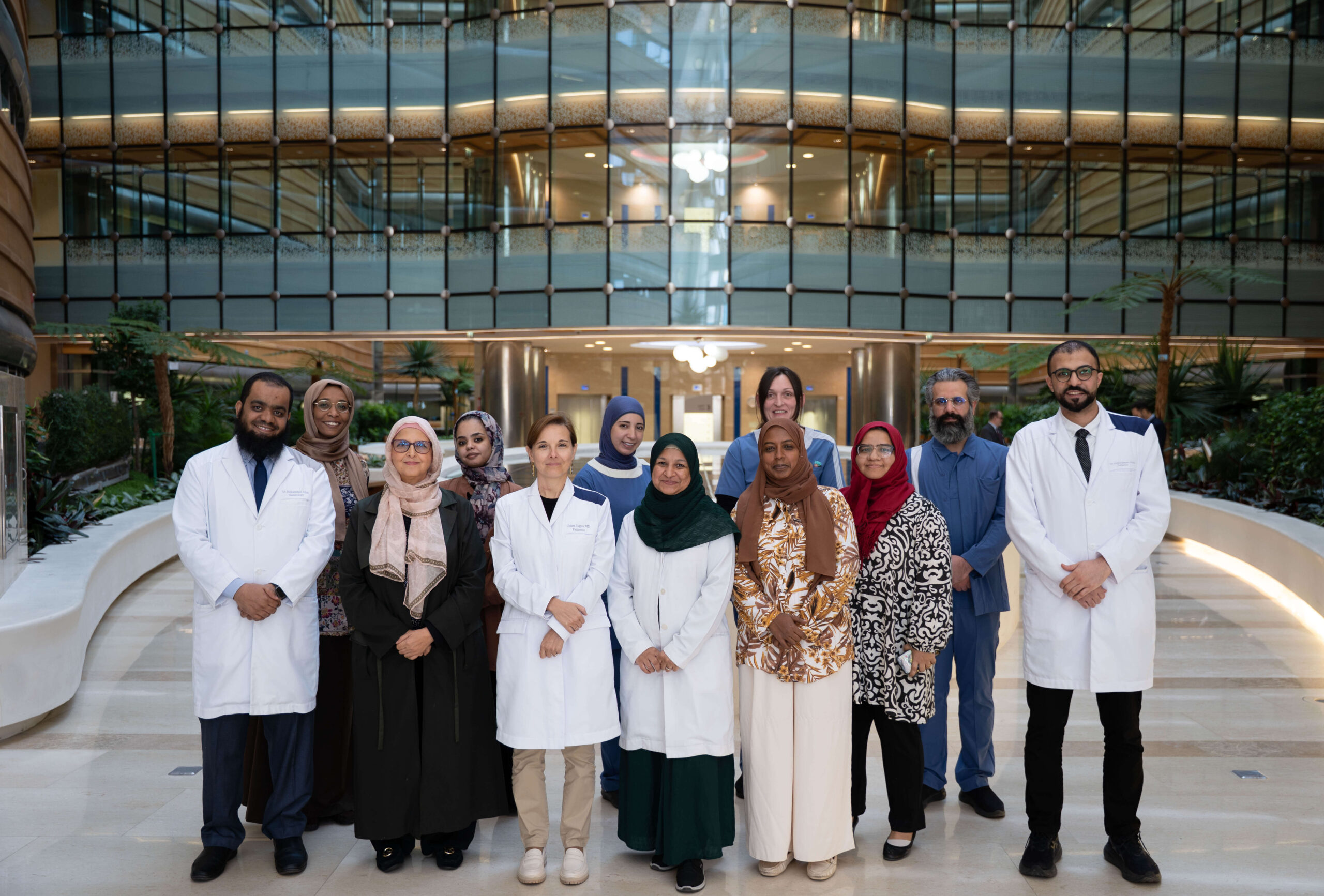Sidra Medicine Research Identifies Mutation-Free Spots within COVID-19 Virus

Researchers at Sidra Medicine have identified spots within the novel coronavirus SARS CoV2 that do not mutate paving the way for future vaccine design that can address variants of the virus.
Mutations in the novel coronavirus SARS CoV2 are a major concern as they might lead to drug or vaccine resistance. Although most mutations may be detrimental to the virus’s function, some will confer a significant advantage to the virus, helping it propagate and spread more rapidly. Many people infected with COVID-19, experience symptoms such as sneezing, which can lead to the virus spreading more widely.
In COVID-19, the SARS CoV2 virus mutates about twice a month, almost half the common influenza virus’s rate. Despite the reduced level of activity, tens of thousands of mutations continue to be documented, some of which lead to ‘strains’ or ‘variants’ that spread more aggressively in humans and result in hospitalization.

Dr. Navaneeth Krishnamoorthy, a molecular biochemist along with Dr. Khalid Fakhro, Chief Research Officer at Sidra Medicine, developed models of mutations in the main protein of the COVID-19 virus. The project is part of Sidra Medicine’s Precision Medicine Program aimed at addressing questions related to what spots of the COVID-19 virus do not mutate and whether it is possible to map them and use them to guide vaccine design.
Dr. Navaneeth Krishnamoorthy, Molecular Biochemist at Sidra Medicine said: “It was fundamental that we addressed the question around mutation free spots, because genetic theory suggests that these spots are mostly conserved due to mutations that would be highly detrimental to the virus itself, i.e., they need to be conserved to ensure the virus can function properly.”

Dr. Khalid Fakhro, Chief Research Officer at Sidra Medicine said: “New mutations are bad in two ways, firstly, the virus may become more harmful and more efficient at invading its host and spreading, like the prevalent variants in the UK and South Africa. Second, the virus may change the shape of the site recognized by antibodies, thereby enabling the virus to evade the human immune response and continue spreading even in vaccinated individuals.”
Dr. Krishnamoorthy and Dr. Fakhro spent several months analyzing more than 19,000 mutations circulating worldwide in the SARS CoV2 main viral protein (protease) to map the mutation ‘coldspots’. They successfully identified a map of mutation ‘coldspots’ and concluded that these are ideal sites for targeting the coronavirus. Their findings were published by the international union of biochemistry and molecular biology (IUBMB), in their flagship journal, Life, giving it full attention on the April 2021 cover page.
Dr. Krishnamoorthy continued: “It is a futuristic approach because we found conserved regional patterns (among the coronavirus family) near the mutation-free spots that can be targeted effectively now and in the future when similar viruses emerge. The identification and short list of these coldspots offers a new perspective to target the SARS CoV2 while avoiding mutation based drug resistance. The study pinpointed optimum target sites and opened new avenues for the design of mutation-free antivirals. This important work is as timely as it is valuable, as major countries around the world are releasing and trialing vaccines and drugs or are in the process of approving anti-COVID-19 agents.”
Dr. Fakhro concluded: “The fight against COVID-19 is constantly evolving. To resolve this global healthcare challenge in such critical times, we have to understand the viral defense mechanism of such mutations; our findings further this understanding and align with Sidra Medicine’s ambition to deliver precision medicine.”
To access the article in IUBMB Life journal, please visit: https://iubmb.onlinelibrary.wiley.com/doi/10.1002/iub.2465








